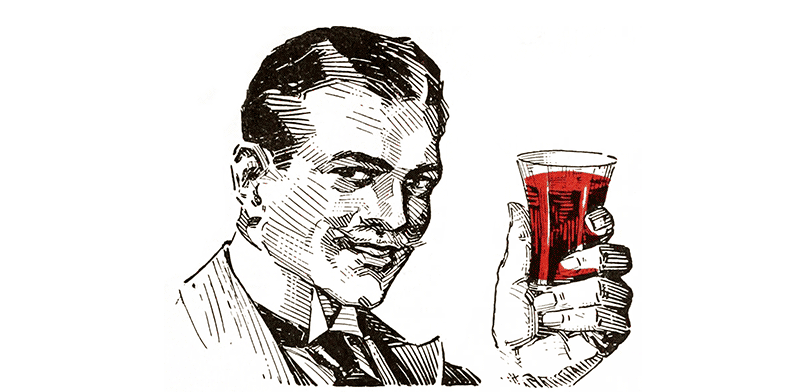Review: Sugar House Review #12
Book Reviews
Sugar House Review #12
Various Authors
Self-Released
Street: Fall/Winter 2015
In Sugar House Review’s Fall/Winter 2015 installment, one is met with a barrage of varying styles, voices, and emotions—as undoubtedly anticipated. Yet, in tracking certain themes throughout the whole—and there certainly are many—I was rather taken aback, in the most agreeable way, by the poems, notions and feelings related to the past. The past in #12 becomes an entity characterized by its omnipresence, its inevitability, its poignantly penetrating nature—it is, at once, everything you hold dear and everything you must let go; a longing for bitterly deceased flavors, and anticipation for sweetly un-tasted ones.
In Mary Angelino’s “Dinner at Nonna’s,” the past becomes embodied in the words I love you—a grandma’s gentle caress of words when language otherwise fails. In the found poem “Amazon Reviews of a Book She Always Read to Us…” by Brandyn Johnson, the past is a mother climbing in through the bedroom window, carrying all her many faults, and handing them off to the child; asking for an unconditional love in return for an unrequited one.
“Tee Shirt Weather” by William Stratton, finds a whispered breath of summers past blowing through winter worn streets and cold dripping noses—a brief ecstasy in a grayscale freeze. With six red chairs around a fire pit… Elise M. Tobin’s “June – August” looks back to find that summer—the one summer we all had—where there was no stress, no fear, only laughter, nature, and the feelings we all yearn to get back. In Lee Ann Roripaugh’s “Hulk Smash” and “Hisako’s Testimony…”, the past is characterized as the lingering ghosts of our losses and mistakes, haunting our every movement, standing just behind the elbow and just beyond the tree line, yet, also guiding us on to find peace in our own impenetrable strength. Sugar House Review #12 also has some remarkably playful gems that seem to defy categorization by their sheer creativity and exercise in literary ability.
Poems like Kristen Roach’s mistranslated “Speech Recognition Software Poem,” David Dodd Lee’s erasure poem “Wakefulness,” and Jacqueline Lyons’ parenthetical “Adorable (Airport) Snow,” show one the uninhibitedly fun side of poetry—a side too often lost in our own seriousness as readers and writers. Sugar House Review does, as always, what they do best: present quality poetry to a hungry and, hopefully, ever growing audience; proving and proving again their invaluable nature as a local and nationally inclusive poetry journal.
